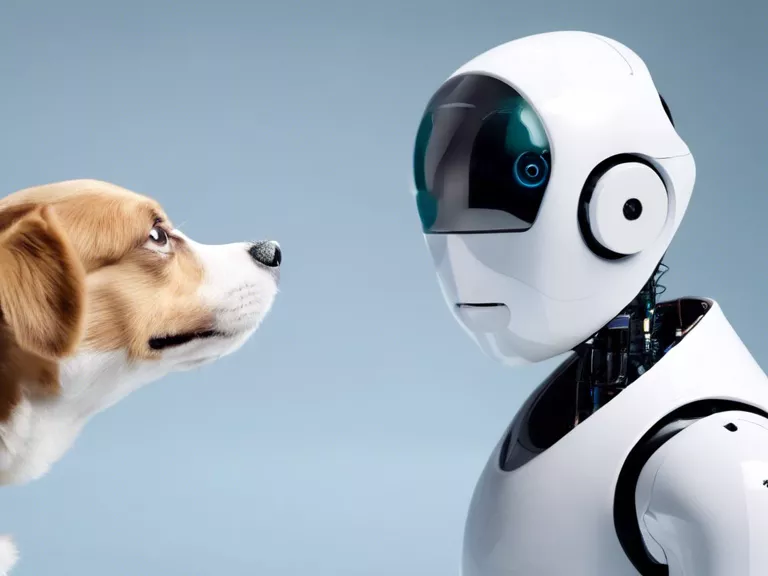
Machine Learning in Veterinary Medicine: Predicting Pet Health Risks
With the advancements in technology, machine learning has found its way into the field of veterinary medicine. Using complex algorithms and data analysis, veterinarians can now predict potential health risks in pets with more accuracy than ever before. This innovation not only helps in early detection of diseases but also in providing preventive care to ensure the well-being of our beloved animals.
One of the key areas where machine learning is making a significant impact is in identifying patterns and trends in pet health data. By analyzing large datasets of medical records, genetic information, and environmental factors, machine learning algorithms can detect subtle changes that may indicate an underlying health issue. This proactive approach allows veterinarians to intervene early, potentially saving lives and improving the quality of care for pets.
Another valuable application of machine learning in veterinary medicine is in personalized medicine. Just like in human healthcare, each pet is unique and may respond differently to treatments. Machine learning algorithms can analyze individual pet data to recommend personalized treatment plans based on factors such as breed, age, medical history, and environmental conditions. This tailored approach ensures that pets receive the most effective and efficient care possible.
Moreover, machine learning can also help in predicting future health risks for pets. By analyzing historical data and trends, algorithms can forecast potential health issues that may arise based on a pet's current health status and lifestyle. This predictive modeling allows veterinarians to take preventive measures, such as recommending lifestyle changes or early screening tests, to reduce the likelihood of developing certain conditions.
In conclusion, machine learning is revolutionizing the field of veterinary medicine by enabling veterinarians to predict pet health risks with greater accuracy and efficiency. By harnessing the power of data and algorithms, veterinarians can provide personalized care, early detection of diseases, and preventive interventions to ensure the well-being of our furry friends.



